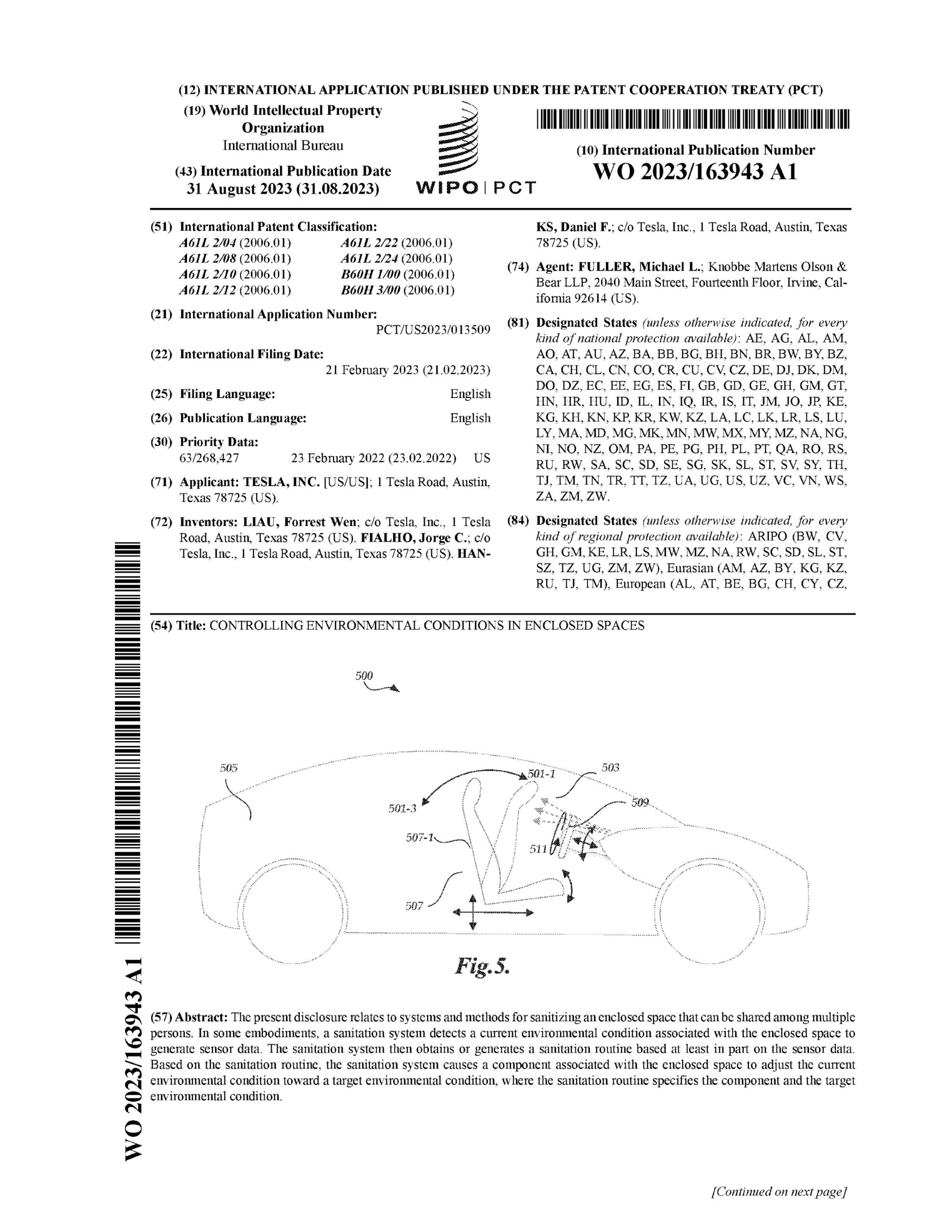Sign up for daily news updates from CleanTechnica on email. Or follow us on Google News!
A recent article out of Illinois tells the story of a debate over a new EV charging law going into effect in the state. Earlier this year, Senate Bill 40 was passed, which will require single-family homes and newly constructed residential buildings with parking spaces. Starting January 1st, these properties must now include a conduit for electric vehicle (EV) charging, if necessary.
“We have to put in a conduit or a pipe from the breaker box to one location in the garage,” Illinois home builder Dean Graven said. “Teslas take 240, and other cars are 180, and if you get the cheapest electric car, you can plug into a 110 outlet. We got away from putting in something expensive that would cost thousands of dollars versus just a conduit system.”
As with a recent debate out of New Mexico, much of the debate during passage centered around costs. Property owner groups opposed the measure because they were afraid of high costs, but they now admit that the cost of simply providing conduit for future chargers is not that high.
The other debated aspect of the bill is what tenants are allowed to do. In some cases, property owners want to control the process, but the law does allow them to take a deposit at the time of installation. This provides the funding needed to return the property to its original condition or make any post move-out repairs needed.
This Debate Is Going To Hit All 50 States
Watching states and cities deal with these issues can be instructive, largely because this will eventually happen everywhere.
Unlike gas vehicles, EVs can’t just be charged somewhere else. The high cost of DC fast charging and the limited availability of those stations makes owning an EV without the ability to charge at home very problematic. But, with home charging, it only takes a few seconds to plug the car in at home and a few seconds to unplug it when leaving. So, the only time charging away from home is needed by the average driver is during very unusual long days of regional driving or on road trips.
But, the question over who pays for it, who controls the process, and whether tenant improvements like EV charging positively affect the value of a property are all relevant. It’s an area that deeply affects whether EVs are able to take off because so many people rent.
One thing is for sure, though: we do need to come up with processes to make charging installation at rental homes and multi-family properties easier. An open-minded landlord who lets tenants do it themselves is better than nothing, but an uncooperative and even hostile property owner can make switching to an EV a nearly impossible task. Doing anything, including running temporary cables from dryer and stove outlets, that helps bypass these jerks is a good option. Off-grid charging and workplace charging have a place in this debate, too.
But, every state and local government will eventually have to grapple with this. The sooner we get it sorted out, the better.
Featured image by SFC Whitney Hughes, U.S. National Guard Bureau (Public Domain). The appearance of U.S. Department of Defense (DoD) visual information does not imply or constitute DoD endorsement.
Have a tip for CleanTechnica? Want to advertise? Want to suggest a guest for our CleanTech Talk podcast? Contact us here.
Our Latest EVObsession Video
I don’t like paywalls. You don’t like paywalls. Who likes paywalls? Here at CleanTechnica, we implemented a limited paywall for a while, but it always felt wrong — and it was always tough to decide what we should put behind there. In theory, your most exclusive and best content goes behind a paywall. But then fewer people read it!! So, we’ve decided to completely nix paywalls here at CleanTechnica. But…
Thank you!
CleanTechnica uses affiliate links. See our policy here.




